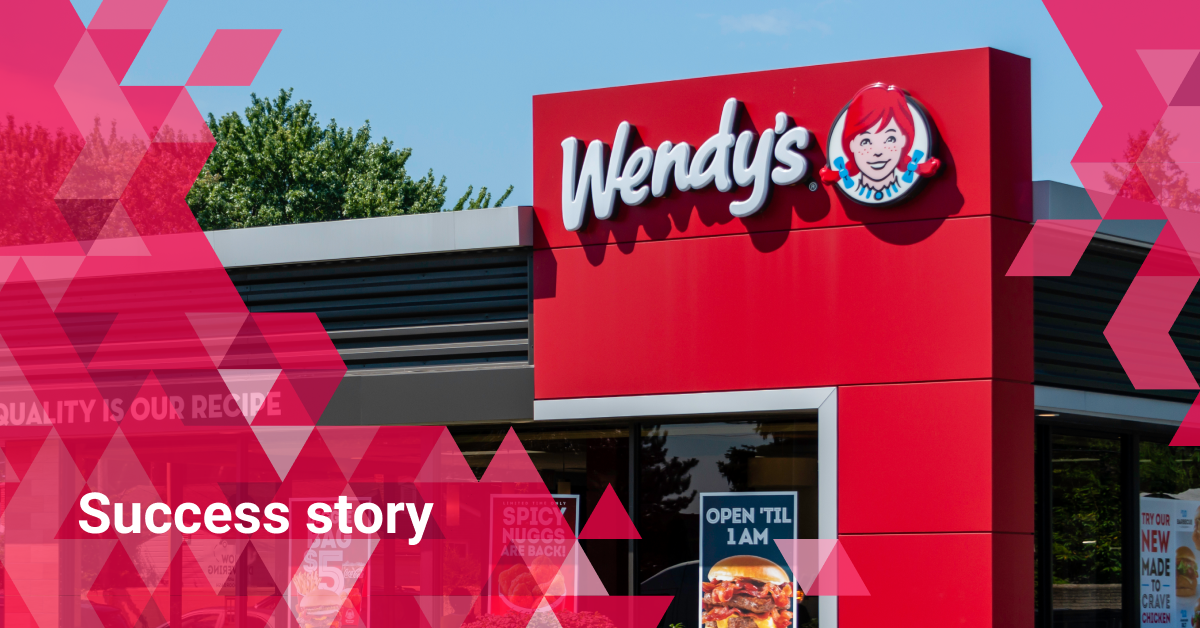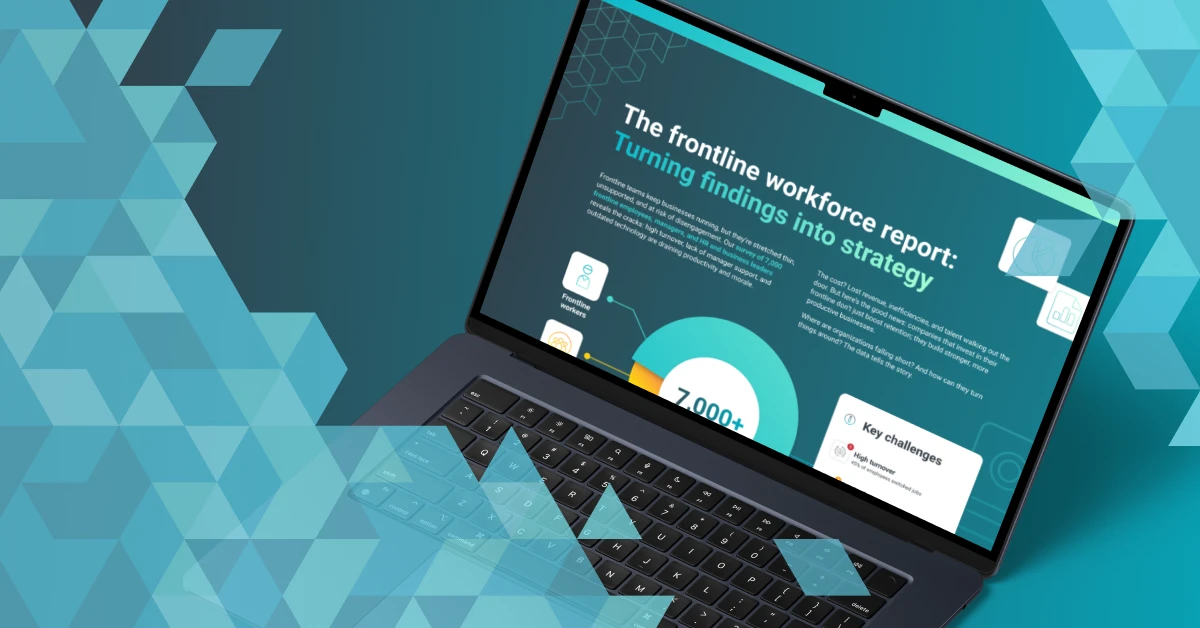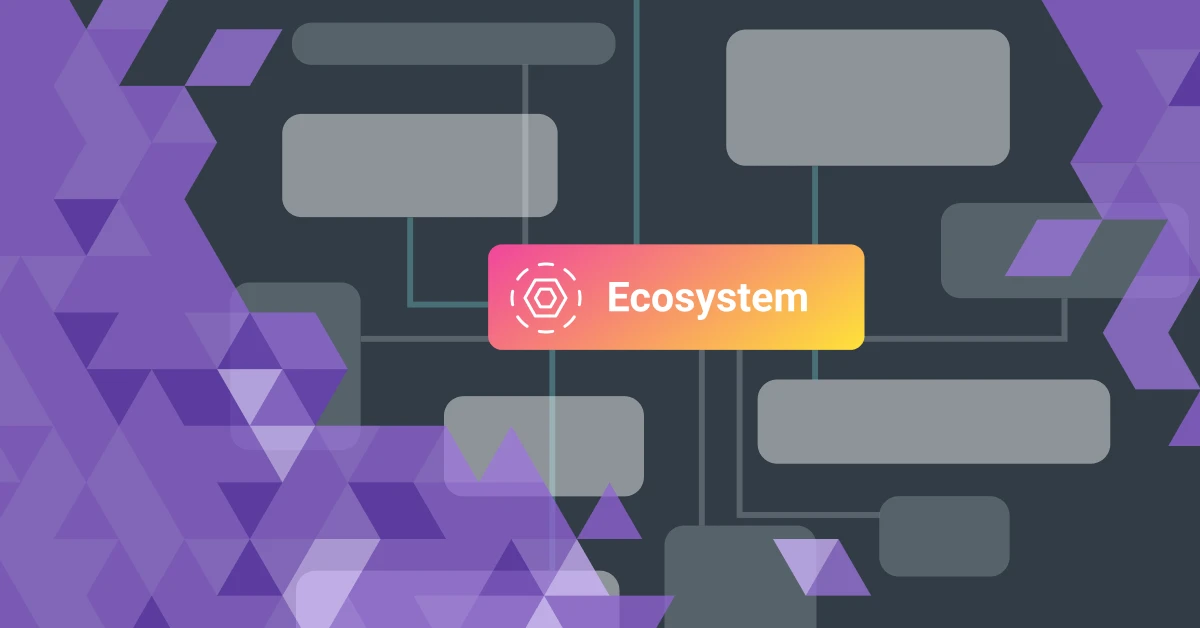Top Hospitality Trends Impacting the Industry

After a tough few years, the future looks bright for the hospitality industry. It’s safe to say that hospitality will never be the same. But with disruption comes opportunity, and the path forward — while different than it was — has led to new beginnings for the hospitality industry, new hospitality trends, and a future powered by technology and innovation.
Hospitality Forecast: Emerging Trends Redefine A Legacy. Download the complete report.
The hospitality industry took a $500 billion hit during the first year of the pandemic. Recovery has been a slow and steady climb. Now, people are getting out and enjoying themselves at pre-pandemic levels, and even higher. In 2023, hotels are on course to book 1.3 billion rooms. And after lagging behind leisure seekers, business travel is back to 98% of what it was in 2019.
A Travelzoo survey revealed that 78% of respondents plan to spend their disposable income on vacations,
Like other industries, hospitality accelerated its digital transformation during the pandemic to continue operating. Companies will build on the technology they acquired to streamline operations and create new growth strategies for a more agile, resilient hospitality industry.
Despite these advancements and the welcome return of customers, the problem continues to be the labor shortage. 34% of all pandemic-related job losses happened in the hospitality industry and it has yet to rebound.
In fact:
- The hospitality sector employs over 16.5 million people—more than 10% of the country’s workforce.
- Hospitality accounted for 34% of all pandemic-related job losses and the industry still hasn’t fully recovered its workforce.
- In 2022, 94% of hotels were understaffed.
So many customers, not enough workers. It’s the current state of hospitality. Even during an era of inflation, surging hotel room prices, and higher-than-ever airfares, people are getting out again and spending money on travel and leisure activities. In order to survive, hospitality businesses need to quickly strategize to accommodate the influx of guests in this new normal. These are the current hospitality trends that will shape the future of the industry.
Download the report for all of the data and details.
The Top Five Latest Hospitality Trends
1. A Personalized Experience
Gone are the days of having the same cookie-cutter experience as everyone else. Customers want one-of-a-kind encounters, and it’s up to companies to provide them.
Attribute-Based Selling (ABS) is becoming much more popular, especially in hotels. It is a model which allows guests to have an à la carte experience by picking and choosing the amenities they want to create a completely customized stay. For example, they can “build” their own hotel room by selecting the features and criteria they want rather than picking between the standard room options.
But to really create unique itineraries and curate guest experiences, the hospitality industry is leveraging data. At every digital touchpoint, from a customer’s previous stay and anytime they interact with the brand digitally, companies are collecting valuable information to shape a guest’s journey. It creates consumer profiles to determine what a person wants from their experience and the ability to deliver on that.
And it’s worth it.
- Companies that personalize customer experiences see 40% higher revenue than competitors.
- 83% of consumers are okay with sharing data in order to get a more personalized experience
- More than 50% of travel brands will supplement their personalization capabilities and acquire the tools to create deeper customer profiles to curate customer-specific engagement strategies.
But shaping actionable insights from data is where that value comes from. And it hinges on giving frontline workers, who have the most customer face time in hospitality, the information to create those experiences. In fact, 88% of travelers want to explore the local culture and environments when they visit new places. A mobile tool can give workers the information they need to guide guests to the “must-see” places during their stay.
Companies are turning to mobile communication tools to empower frontline workers with the information they need to create that personal touch. They can see their checklist and know exactly how to prepare a guest’s hotel room or the services they like during their stay. And building that relationship between the frontline teams and guests is so important for business.
88% of hotel guests say the staff is one of the top reasons they will make a repeat visit to a property
Over these next few years, companies will move away from offering standard guest selections and move towards creating a unique journey for every customer.
2. Hospitality Makes ESG a Priority
There is a growing demand, from consumers, employees, and governments, for hospitality to operate with a lighter footprint. Companies are developing strategies around ESG (environmental, social, and governance) to develop greener business practices and make socially responsible decisions and investments.
- Cornell University’s Center for Hospitality Research, found that hospitality companies with sustainability strategies boost engagement that can deliver up to 21% higher profits.
- The Sustainable Hospitality Alliance has a growing membership with 50,000 member hotels that represent over seven million rooms around the world.
- Hospitality leaders are setting the trend in sustainability. In 2021, Hilton reduced carbon emissions across all properties by 43%. MGM Resorts eliminated 263,000 tons of food waste by using it for biofuels and animal feed.
Sustainability as a core value is good for the world, and it gives businesses a competitive edge in attracting customers and talent. But ESG is much more than going green.
Companies are finally trying to make right on years of global inequality. There is an effort for greater transparency in operations and financials, ensuring there is greater diversity and representation in the workforce and on corporate boards. They are doing more work in their surrounding communities. And they are requiring the same attention to ESG from their suppliers.
ESG also includes the workforce. Companies are looking inward at how to strengthen their teams, particularly their frontline workers. Hospitality is one of the most diverse industries. Companies are prioritizing inclusivity by using mobile communications tools that have features like inline translation so every single employee has the ability to contribute, communicate, and connect.
The Four Seasons, a global hospitality company, has made ESG a core value in recent years. They have a strong focus on giving employees learning pathways to move up in the company, heavily fund initiatives that support diversity in their company and the industry, and create opportunities for empowerment and growth.
3. The Continued Rise of Digital Transformation
Hospitality companies were well underway on their digital journeys when the pandemic began. Then, it moved into overdrive. But to prioritize the safety of guests and staff, that digital stroll accelerated to a full sprint with tools that enabled everything from contactless check-ins to keyless entries to mobile payments.
And that transformation will continue.
- By 2028, the global smart hospitality revenue will surge by 28% to $58 billion.
- Hotels are thinking virtually to attract customers. When Radisson started giving virtual tours of 86 of its properties, it boosted its click rate by 279%.
- Airports are getting digital upgrades with the use of biometrics. Currently, there are 16 airports are testing facial recognition to speed up security lines without sacrificing safety.
- Chatbots serve as virtual booking agents, take maintenance requests, and act as 24/7 concierges. It’s fast, easy, and it can all happen through the guest’s mobile device.
Companies adopted tools to better serve their customers but also looked to mobile communication tools to connect with the 16.5 million people who work in the U.S. hospitality industry. But between furloughs and layoffs during the pandemic, the industry lost a good percentage of workers and has yet to recover them.
Hospitality isn’t the only industry that has to contend with what’s become known as the Great Resignation. But it has one of the highest rates of employee loss and 45% of job openings remain unfilled according to the World Economic Forum’s Future of Jobs Report from May 2023.
And the problem isn’t going to get better. The Bureau of Labor Statistics just revealed that in the next decade, 23.1% of all jobs available will be in the hospitality industry.
To fill these jobs, companies are building strategies around mobile solutions that empower and engage their frontline teams to secure retention and build better employer brands. And with a higher percentage of workers coming from the digitally native Millennial demographic, this is exactly what they want.
- Mobile frontline success solutions to empower and retain frontline teams. 91% of Gen Zers say technology is a major factor in choosing where to work.
- Opportunities for professional growth. Gallup found that 59% of HR teams are prioritizing upskilling to create pathways for frontline teams to learn and train to grow within their companies.
- A focus on frontline managers. A Boston Consulting Group study found that more than 11% of frontline workers cited a poor relationship with their direct boss as a primary reason for quitting their jobs. A mobile communication tool can facilitate direct contact and strengthen the connection between frontline managers and their teams.
4. Automation of Hospitality Workflows
Piggybacking on digital transformation, companies will continue to up their reliance on automated processes and workflows for greater operational efficiency.
With mobile-first platforms, tasks like payroll, schedules, and open enrollment will be digitized. Workers can use chatbots over their devices to ask questions and will have direct access to essential information.
Hospitality HR teams have a big job in front of them—filling the massive gap in the hospitality workforce. Digital platforms will automate HR tasks so personnel can focus on talent acquisition and onboarding, retention, and the employee experience. Simplifying and streamlining the complex, time-consuming onboarding process speeds up time to productivity for new hires and secures their engagement sooner.
30% of organizations are expected to adopt AI-based solutions for HR, a jump from 17% in 2020.
According to a recent PwC survey, 74% of companies will increase spending on HR technology with a clear focus on talent acquisition tools. These will all be beneficial as the hospitality industry looks to stabilize job losses and rebuild the workforce.
Automation in hospitality will focus on three main areas:
- Operations: Mobile-first solutions will connect HR to the frontline for real-time communication on issues that matter to workers.
- Talent acquisition: HR will automate talent screening, hiring, and onboarding to find the right candidates for the right roles.
- Employee engagement monitoring: Analytics will help HR deliver targeted strategies to improve the employee experience.
One company that is leading the way in this hospitality trend is SH Hotels & Resorts. The company has automated the hiring and onboarding process to personalize the employee journey and create a more targeted, efficient process for HR personnel.
5. Building a Resilient Workforce
Hospitality’s #1 problem right now is a shortage of staff. And it’s not going to go away without authentic strategies that support the industry’s frontline workers.
Across industries, hospitality took the biggest hit to their labor force during the pandemic. Burnout reached an all-time high and workers had the downtime to really explore what they wanted out of life and a career.
Beekeeper’s Frontline Trends Report surveyed 6,000 frontline team members to learn exactly how they were feeling.
- There is a disconnect between frontline workers and managers
- Frontline workers are stressed about the rising costs of living
- They are worried about their well-being and the well-being of their family
- They want more predictable shifts
- They don’t want to work in an understaffed environment
These eye-opening answers can help hospitality leaders initiate a frontline success strategy. And there is one solution that can address all of the frontline restlessness: a mobile-first solution.
What does this look like? It means finding a frontline success system that every employee downloads onto their mobile device that creates a bottom-up approach to company communication, and culture.
That platform is a centralized place for everything work-related.
- Daily schedules and checklists
- Direct messaging with peers and managers
- Access to payroll information
- Benefits enrollment
- Onboarding paperwork
- Learning platform with training materials
- Access to safety information and guides
It is a way to connect the frontline in a way they’ve never been connected before: in real-time and with everyone. And it’s a tool to empower them with new skills.
Workers want more than a job these days. They want a long-term commitment. They want to grow and move up in a company. It’s good for engagement, and it’s good for companies to hire from within to create that operational continuity and institutional knowledge.
There is a reskilling revolution happening across industries, but it’s desperately needed in hospitality. A frontline success solution can host a learning management system for workers to gain new skills that prepare them for management positions and beyond. And companies can source hires from within to increase retention and extend the employee life cycle.
Hospitality Trends Signal a Strong, Digital Future
The hospitality trends that have emerged are based on a future powered by technology that will deliver the data to help the industry move into this next era with resilience. They have insights into their workforce like never before and a pathway illuminated to building strong customer relationships. Experience will be the name of the hospitality game, for customers and employees. And the industry is ready to deliver.

About the author
Andrada Paraschiv
VP of Hospitality
As VP of Hospitality, Andrada leads Beekeeper’s effort to help hospitality organizations improve communication and ultimately drive employee engagement and performance. Previously, Andrada served as Executive Director, Luxury Internal Communications and Engagement at AccorHotels and Executive Director, Communications & Strategy at Fairmont Raffles Hotels International. In that capacity, she collaborated with Beekeeper to bring the nearly 50,000 frontline employees working together as one dispersed, yet united, team. Andrada also served as a consultant with McKinsey & Co., working on strategy and organizational transformations with large multinational companies in the EMEA region. She holds an MBA from the Wharton School and an MA in International Studies from University of Pennsylvania.







